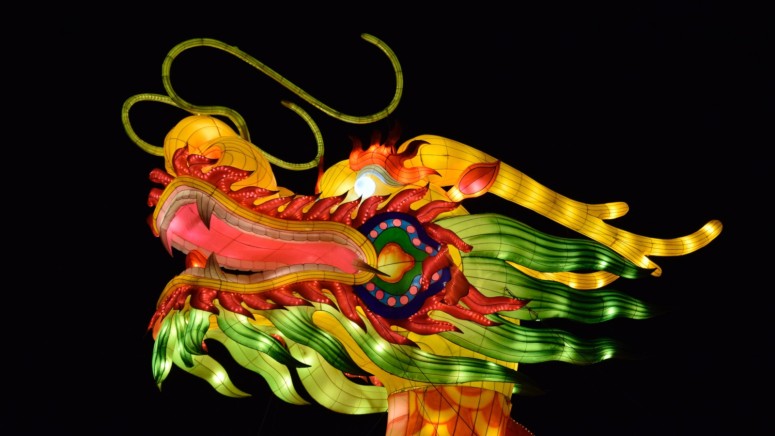
The Next Day in Huawei, and US and China Trade Relationships
- US companies are trying to estimate their losses from the trade war, and they’re huge.
- Huawei has ramped up its efforts to speed up the development of their own OS.
- The Chinese market territory may soon be a pipe dream for US companies.
Following Google’s decision to stop licensing close-source Android components to Huawei, the company has to move on quickly and take risk mitigation steps before the dust settles. This doesn’t mean that they have given up on calling the US government to reconsider the inclusion of the Chinese tech-giant into their trade blacklist (Entity List), but they cannot afford to just hope that the tide will turn. That said, Huawei has recently registered a trademark in Germany with the name “Huawei ARK OS”. Apparently, this will be Huawei’s in-house developed alternative package for the proprietary components that Google won’t give them, like the Play Store, Chrome, and Maps. According to the statements made by the company’s CEO back in March, the new OS could be ready for extensive testing by the end of 2019, and then globally available by the summer of 2020.
In the meantime, US companies are already feeling the impact of the trade ban imposed by the Trump administration. ARM will stop licensing chips to Huawei, Qorvo, Skyworks and Broadcom have stopped selling components to their Chinese client, and Intel has also announced that they’ll stop selling cloud and server hardware. Huawei is the world’s largest telecom equipment maker, so depriving US companies of one of their best clients is causing negative figures in their financial papers.
image source: counterpointresearch.com
China is not an apathetic observer, as they are already evaluating their “payback” options. US companies are relying heavily on China, and the trade war is not helping them grow in the way that President Trump is hoping for. Apple, who is a direct competitor to Huawei, could face huge (additional) problems in the Chinese market. Other non-tech brands like Nike Inc. have made a massive investment in China and enjoy a great momentum right now. Hotel mogul Marriott International Inc. is planning to open more than 30 hotels in China this year alone, and another 270 in the following years. Even pharmaceuticals like Merck & Co who have been enjoying rapid growth thanks to their dynamism in the Chinese market could take a blow. Possible retaliation measures could bring an abrupt end to all this business activity that is launched from US ground.
Walt Disney Co. and their subsidiary Marvel Entertainment were hoping to further their partnership with Beijing-based companies to move deeper into the humongous Chinese market. The same goes for General Motors and Ford Motor Co., who will likely see an immediate sales drop of up to 50% in China, due to the trade war tensions. All of this makes it evident that both sides have to lose a lot, but in the end, this may hurt the USA more than it does China.
What is your opinion on the above? Let us know of your comments in the section down below, and also on our socials, on Facebook and Twitter.







